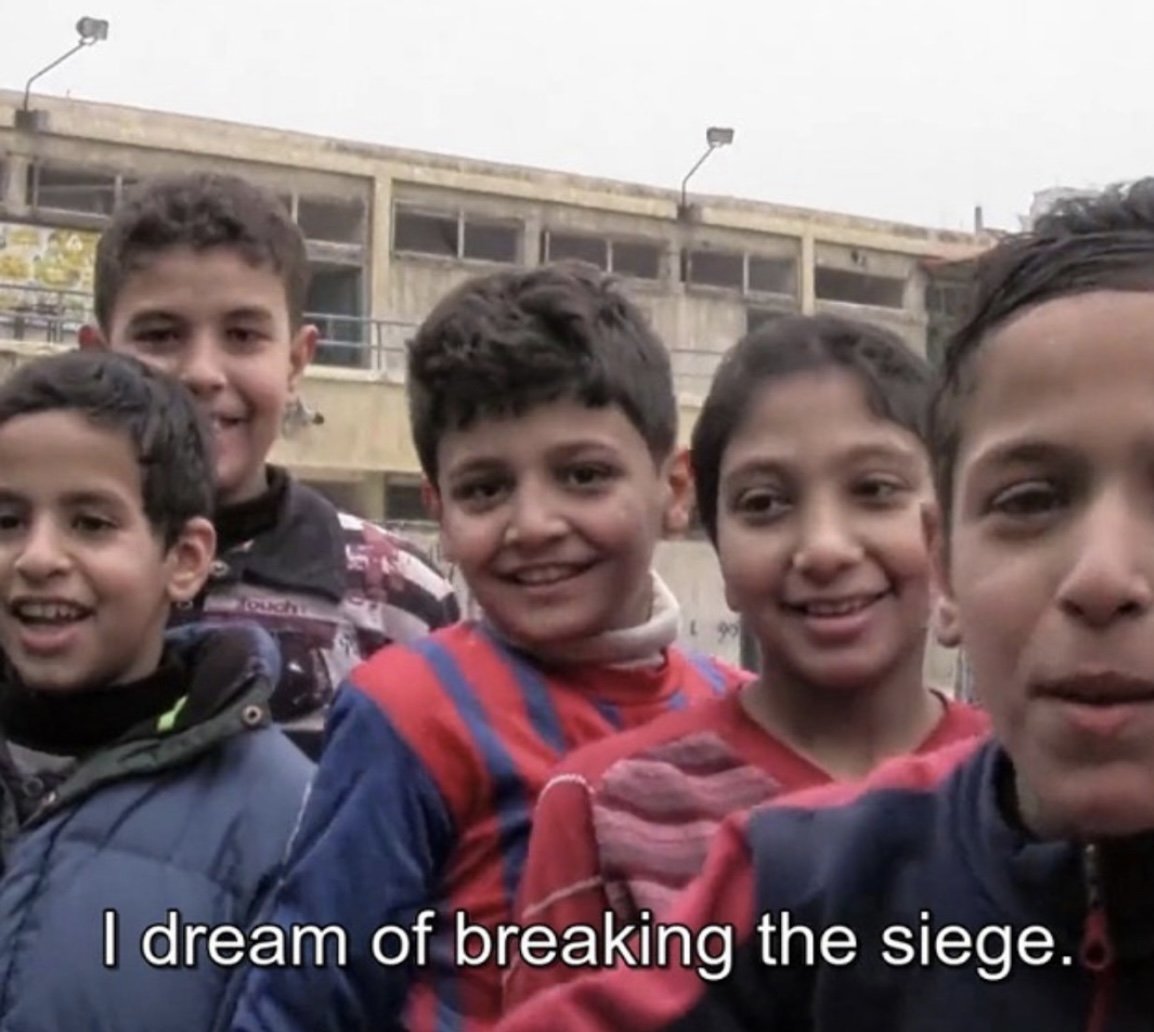on liberation, empathy, and unlearning.
"freedom is a global struggle."
I grew up in an Evangelical Baptist church in New Jersey, which I attended since I was a toddler to the age of about 21. Bible studies on Wednesday evenings, extra weekday services on Thursdays, choir rehearsal on Fridays, youth group sessions on Sundays and vacation bible school during the summers. That alone should tell you how my politics and worldview were already decided for me before I was thrown into the “secular world” of going to college in New York City.
My sophomore year of college, I took a critical theory course that altered my brain chemistry in the best way possible. It marked the first time in my life I looked at the world from a wider lens perspective, which was such a contrast from my upbringing of looking at everything from a religious or conservative point of view. Once being introduced to the work of writers, thought leaders and activists such as Audre Lorde, James Baldwin, bell hooks, Toni Morrison, Angela Y. Davis, Malcolm X, and more- I realized I was unlearning and learning at the same time. Unlearning that the world as I knew it was “just as God had intended it to be” and learning that we the people, community, and society have so much more of a role in our outcomes than we give ourselves credit for. Unlearning the inherent white supremacist values embedded in Evangelical dogma and rhetoric, which ends up benefitting the oppressor. But first, it required me to be humble and understand that I didn’t know everything, and that a lot of what I had been taught growing up was deeply flawed. I was learning slowly but surely, that none of us are free until all of us are free. Thus, my intro to liberation practice began from that point onwards.
Fast forward to graduate school, I decided to pursue a Master’s degree in public health after spending my gap year working in an emergency department as a medical scribe. I describe that time in my life as “empathy training” because I saw and learned firsthand how integral empathy and compassion played a role in peoples’ physical, emotional and mental healing. It was through that experience along with several other internships later in my early academic career that I stopped seeing myself as solely an individual and understood the connectivity we all share as humans, deepened and rooted by our desire for safety, love, community, and the right to simply exist. My identity as Black, Ghanaian, first-generation American woman defaults me to embracing a liberation practice not just for myself, but for my community and global community as well.
The genocide in Gaza that we are all currently witnessing is not the first time nor the beginning of this 75+ year history. At first, my response was to freeze, telling myself I didn’t know enough, that I wasn’t well versed enough to discuss such “complicated” geopolitical complexities. I was wrong. It was never that complicated to understand. All it took was honest and unbiased research, curiosity, and the same empathy I’ve always carried along with me to unpack the layers and distinguish propaganda from the truth. The “it’s too complicated to discuss” is actually a tactic used to keep all of us uninformed, distracted, disinterested, and numb. Turns out, if you’re a literate person with a conscience, you can see and understand the truth and identify what colonization and genocide looks like in real time. You can see how the Western media has manipulated our perspective, and at the very least, you can understand, from a humanitarian perspective, how this genocide on Palestine must come to an end immediately.
The discomfort we’re absorbing through watching this crisis and genocide unfold in real time pales in comparison to the thousands of lives murdered, homes, building, mosques, and churches demolished, and torture of starvation, thirst, homelessness, and inevitable disease. The hesitation to speak up, organize, and take action are a direct effect of hyper-individualism, apathy and cognitive dissonance. And while I applaud and appreciate the collective efforts I’ve witnessed throughout my own network and community, so many of us are still struggling to do the work to unlearn and course correct.
I dream of liberation for all oppressed bodies, and I dream of a liberated Palestine: beyond deserving of their land, families, safety, and security without having to beg for sympathy or simply to be seen as citizens of this world.
Below, you can find a list of resources, information, and calls to action to support Palestinians in Gaza right now:
Donate to Doctors without Borders, who are actively on the ground and working nonstop to provide medical aid to those in Gaza.
Follow Jewish Voice for Peace, an organization mobilizing toward Palestinian liberation and Judaism beyond Zionism.
Text “CEASEFIRE” to 51950.
Follow Subhi, (@sbeih.jpg) on IG, a Palestinian-Filipino who shares incredibly valuable information on what’s happening currently, as well as education and history on Palestine.
Write or call your local reps to express your support and demand for an immediate ceasefire
Follow @byplestia, @wizard_bisan1, and @motaz_azaiza, who are currently documenting (and surviving through the constant attacks) in real-time daily updates in Gaza.
Watch the documentary, Born in Gaza on Netflix.
Review a list of documentaries and films to learn more about the history and ethnic cleansing of Palestine.
Check out a list of books or visit your local library to read more in depth on the history and ethnic cleansing of Palestine.
Donate to World Central Kitchen and Anera Organization, both on the ground orgs distributing hot meals to UNRWA schools in Khan Younis where displaced families are currently seeking shelter (via @mennlay on IG).



